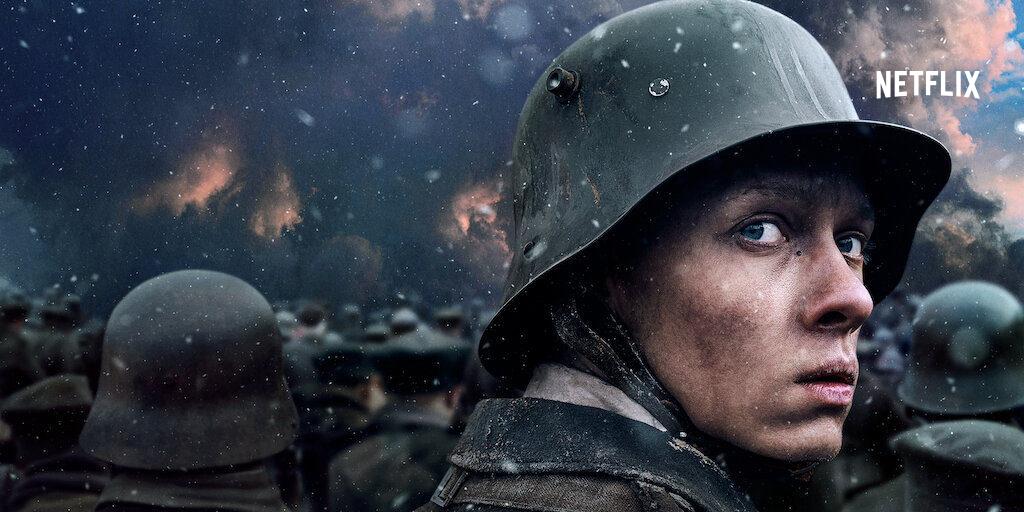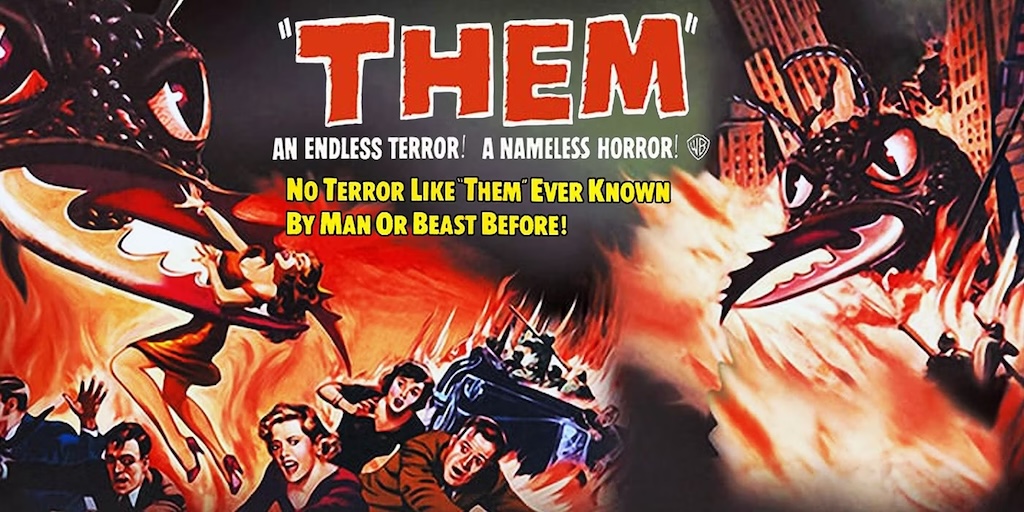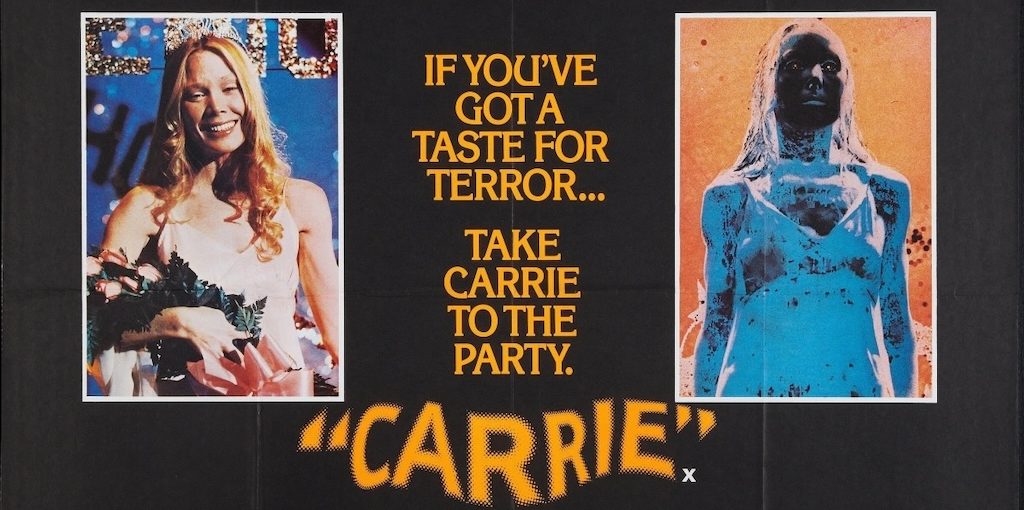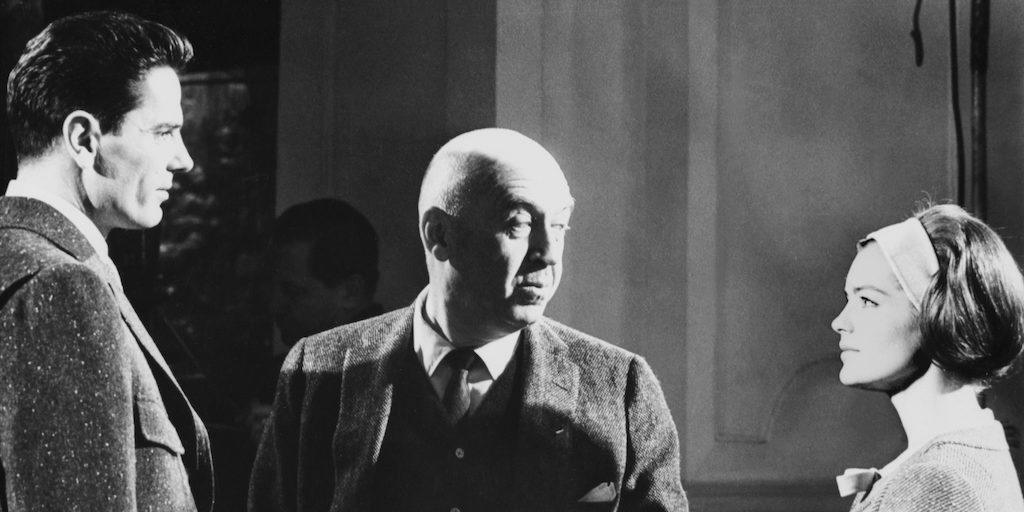A CONFEDERACY OF DUNCES
All movies are born free and equal, so it assures the Truffautian principle. Truffaut had a lot of a 19th century romantic in him but he did not omit anything: that equality of origin was not a gesture of ingenuity but a reminder to the critics for not settling the score with a movie by addressing its productive conditions. Truffaut knew that, if films are born equal, not every film lived the same way and, surely, he also knew that some movies propel critics to precisely ask for the reasons of its conception. The question has an air of metaphysics in it, but it is fully empirical: Why is there a new remake of All Quiet on the Western Front? What reason may have its apparition on cinema today, in 2023 (although it is a 2022 release), when there is already two previous versions? If it is about telling a story about the horrors within the war trenches, many films have done that before, starting with the first version, directed in 1930 by Lewis Milestone, by far one of the most brutal films in history, the first one in filming the violence of a military conflagration with repulsion and disenchantment. More than half a century before the Normandy Landings depicted in Steven Spielberg’s Saving Private Ryan, Milestone had already shot the indiscriminate slaughter, the psychological destruction that can stem from a bombing, the bodies torn apart by explosions or the conceivable and unpredictable nature of death, which could come from any side (of the frame) at any time. The scene where a bunch of soldiers await in a shelter for the enemy attack to stop is much longer and impressive in the 1930 version than it is in the 2022 version: what the remake resolves with the shaking of the camera and the throwing of bloody limbs, the original extends it in time and transfers it to the crazed gestures of the soldiers, that stutter or move erratically; anyway, it is about another tremble, not a technical one but a human one, even anthropological.
That said, let us continue with our question. First hypothesis: the remake seeks to update Remarque’s novel according to the codes of contemporary war movies, presumably more brutal and, therefore, more realistic. But we have seen that the original film was as much terrible or even more than the new film. So, we have the second hypothesis: the film is part of Germany’s recurring attempts of revising its history, this time around allowing themselves the luxury of avoiding nazism, that black beast which they cannot be released from but at the expense of continuing to think it, obsessively and without rest. German cinema goes back feverishly on their own history, even there are directors such as Alexander Kluge that dedicated their entire filmographies to interpret the past of that nation. All Quiet on the Western Front, with its anti-war message, critical of nationalism and of political interests, would be one of those opportunities for German cinema to hoist a humanism that is more or less global and without any national gaps, a timely metonymy in which Germany and World War I condense all human evil and stupidity. That the movie received Academy Award nominations for both Best Picture and Best International Film (“Foreign Language film” is no longer used) suggests that this self-righteous endeavor has paid off.
But those speculations remove us from the topic of cinema, which is where the movie displays itself with absolute narrowness, as few or no other modern war film ever had before. The screenplay narrates with an incomprehensible rush the army enrolling of the four protagonists: the story does not allow for the development of almost any of them, each one barely can become a stereotype (there is the testosteronic hunk, the discreet intellectual, the indecisive who is dragged into it by the others and Paul, the privileged witness, the neutral hero on whose shoulders lie the conflicts and becomes object of the major narrative transformations). In a couple of minutes we are amidst war, with the mistreatment of superior officers, the material scarcity and the savagery of combat. The screenplay exaggerates the mismatch between the expectations of the protagonists and the disenchantment of the realities of being at the front: the contrast is grotesque and it seems to seek a complicity between the film and the audience, leaving out the characters, as if the director announced his audience by every means possible that the characters are a little dumb, that they allowed themselves to be deceived by nationalist verbiage and now they are about to pay the price for their gullibility. From the laundered uniform, with the name tag of the soldier that died before wearing it, to the mud and blood of the trenches. Yes, we got it, several scenes before.
But Edward Berger does not stop there, because after that merciless start, that seeks to move us with the shock of war, here and there begin to appear moments of an extraordinary poignancy in which the characters pitifully remember their lives before combat or imagine future projects that, the audience knows (because they are being whispered to by the director), they are going to end up fatally truncated. The director does not think the alternation of the raw violence with the epistolary sentimentalism to be a problem. He also does not notice the rattling produced by the contrast between the hardness of the soldiers’ life with the programmatic evil of the superior officer of whose whims they depend on: bald, stroking his mustache, devouring delicacies, the man is nothing more than a caricature; he belongs less in the universe of war cinema and more in a Tintin adventure. However, Berger dedicates several scenes to him, as if he expected to really galvanize the audience’s mood against the character: it is hard to take sides against a caricature.
The movie loses its course right away, after a beginning that promises a precise and efficient narrative mechanism (the path of the uniform of a soldier killed in action reaching the hands of the protagonist). A little bit like the characters, Berger does not know what to do, where to go, where to concentrate on. When in doubt, the man proposes to narrate everything, including the worst commonplaces of the genre, like the scene at the pit where the fight between two soldiers lasts an eternity, same goes for the agony of death, when one can hear the pluff pluffs of the blood slowly drowning the wounded soldier. To kill someone is difficult, there are a lot of movies that have been filming that for eons, but Berger is confident that he discovered something, that he is saying something new. It is impossible to make movies if you do not watch them first, if you believe that everything started with you.
![]()
(Germany, United States, United Kingdom, 2022)
Directed by: Edward Berger. Script: Edward Berger, Lesley Paterson, Ian Stokell. Cast: Felix Kammerer, Albrecht Schuch, Daniel Brühl, Andreas Döhler. Produced by: Edward Berger, Daniel Marc Dreifuss, Malte Grunert. Lenght: 148 minutos.





